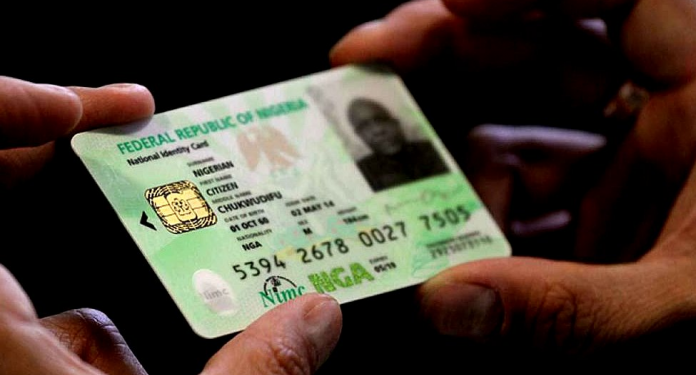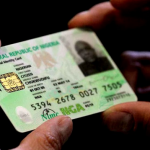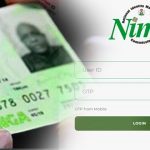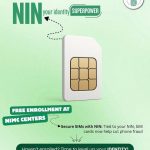The National Identity Management Commission (NIMC) says it has reduced incidents of extortion and illegal charges in the national identity enrolment process by over 40 percent, marking a major step forward in its reform agenda.
The Commission also confirmed that the number of Nigerians registered for the National Identification Number (NIN) has now reached 122 million, a 49 percent increase from January 2022, when enrolment stood at 72.7 million.
This was disclosed by NIMC’s Director of Information Technology and Identity Database during the closing session of a workshop with online newspaper publishers in Lagos. The workshop, jointly organised by NIMC and the Guild of Corporate Online Publishers, focused on improving Nigeria’s digital identity system and countering misinformation.
NIMC Director-General, who was represented at the event, explained that the drop in illicit charges is due to reforms aimed at curbing racketeering and unauthorised payments that have long undermined the enrolment process.
“Enrolment for the National Identification Number remains free,” she stated. “We have standardised modification and authentication fees, which are publicly disclosed. This has led to a 40 percent reduction in extortion and unofficial charges.”
She noted that before these reforms, many Nigerians faced widespread complaints of illegal payments demanded at registration centres. “We are addressing deep-rooted issues that once eroded public trust in the system,” she said.
To enhance transparency and efficiency, the Commission has deployed several digital tools, including the NINAuth mobile app, a Self-Service NIN Enrolment and Modification app, and Contactless Biometric Solutions. These innovations are designed to reduce human interference, improve data accuracy, and make the identity process faster and more user-friendly.
In an effort to promote inclusion and professionalism, over 7,167 front-end enrolment agents and partners have been retrained and revalidated. The Commission has also strengthened monitoring systems and placed grievance redress officers in all 36 states, backed by a 24/7 toll-free hotline to report misconduct.
These measures are part of NIMC’s broader strategy to build a secure, unified, and people-focused digital identity ecosystem that supports access to public services, financial inclusion, and national development.
Coker-Odusote urged the media to support the Commission’s efforts by helping dispel misinformation and educate the public on the importance of digital identity.
“We are calling on our media partners to help promote transparency, counter fake news, and ensure every Nigerian knows their rights. A trusted identity system is key to accessing opportunities and essential services,” she said.










